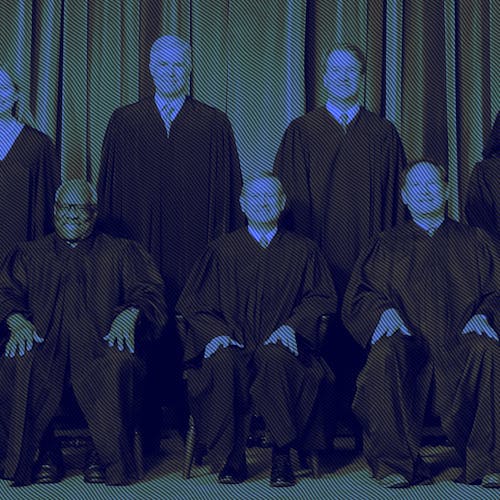THURAVIL: Education is for all, despite financial state

There’s been a lot of talk about tuition-free college over the past couple of years, with it being a primary issue on former presidential candidate Bernie Sanders’ platform, San Francisco making public community colleges free, and the state of New York passing legislation that effectively provides middle-class families with free higher education. And I’ve heard the spectrum of stances on the topic, ranging from how tuition-free college will create more equal opportunities for people regardless of income, to people complaining that they’d have to pay higher taxes so that some entitled millennial could get an education that they should have worked for themselves.
Let me try to make the case for both sides.
On one hand, you have the college-goers themselves, distraught with debt, for whom tuition-free college would be the biggest blessing one could ever receive. I am one of these college-goers, and I think tuition-free college would help me in my education, removing the stress of dealing with loans and other things full-time committed students should not have to deal with. We think college is a right, not a privilege. Our case calls for an overhaul and reallocation of the national budget and an increased investment in education, and more tax is the last thing we want because that means that we’re going to have to pay them too, sometime in the future. Studies have shown that students neglect their studies sometimes because of their loans and financial situation. Doing better at school results in smarter, more workforce-ready graduates who are all incredibly employable and will contribute to society in some manner or form.
On the other hand, some taxpayers (who already pay loads) and some college graduates who worked their way through the system seem to think differently. College is a privilege offered only to those who work hard for the money to put oneself through it (which is no easy task, especially as a full-time student). This argument highlights that lifting the costs of college would automatically equate to an increase in the amount of tax that they pay. If students want to go to college, they should figure it out for themselves, and there is no need to involve yourself in the equation.
Now, the above argument may have made some sense in a society where inflation is not a concept and the total cost of tuition remained the same as 20 years ago, but unfortunately, neither of those are true. Take the example of in-state public university tuition — in 1995, the cost of attending a university was around $2,475. If that was the cost today, and with current federal minimum wage at $7.25 an hour, a student working a 20-hour-a-week job could make up that amount in almost 18 weeks. In distributing the workload and the hours, a student could comfortably accommodate a job, study and have time for other constructive activities as well. This is an ideal situation, but accounting for the rise in tuition (which stands at an average of $9,650 for in-state tuition in 2017 at public universities), a student would have to work 20 hours a week for a whopping 68 weeks, which is longer than the duration of an entire year. And tuition is not the only thing students have to pay now — added on are student fees and organization fees. Students now have no choice but to take out loans that accrue sometimes heavy rates of interest, and that’s where the troubles begin to snowball.
What we need and want right now, especially given the current economic situation of this country, is a society of educated, smart young people to carry forward legacies of prior generations and keep the American economy working as smoothly as a well-oiled machine. For that to happen, we need to make sure that those set to become the gears of this machine have received fulfilling, complete and equal educations, unmarred by the ugly distractions of finances and debt, that train them enough to know how to operate it and give them a head start. Unfortunately, a lot of these brilliant young minds happen to come from families that are not privileged enough to send their children to college to help them realize their talent, and that’s where we have to step in. Let there be competition, hard work and discipline, but please do not rest the fate of a person’s ability to participate in all three things upon them.
Neeharika Thuravil is a School of Arts and Sciences first-year majoring in computer science and astrophysics. Her column, "Sip on Your Chai," runs on alternate Tuesdays.
YOUR VOICE | The Daily Targum welcomes submissions from all readers. Due to space limitations in our print newspaper, letters to the editor must not exceed 500 words. Guest columns and commentaries must be between 700 and 850 words. All authors must include their name, phone number, class year and college affiliation or department to be considered for publication. Please submit via email to [email protected] by 4 p.m. to be considered for the following day’s publication. Columns, cartoons and letters do not necessarily reflect the views of the Targum Publishing Company or its staff.



